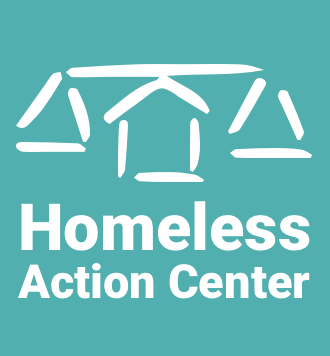KQED
– by Vanessa Rancaño
Thompson, for example, found herself shuffled from one Roomkey case manager to another, feeling left in the dark about her housing prospects. Then Kai Gault, an outreach specialist for Homeless Action Center, stepped in to shepherd her case.
“It’s Kai who’s actually been there for me, let me know things, given me updates,” she says.
When Thompson couldn’t get answers from her Roomkey case manager, her anxiety would spike. It often fell to Gault to sort things out and assuage Thompson’s fears, though Gault also found it difficult to contact staff.
“My experience with Roomkey, specifically, is that some of these sites are staffed by people who aren’t proficient in helping people with disabilities — mental or physical disabilities,” Gault says. “Sometimes they don’t understand how the system truly works. I’ve had to explain how the document gathering process works, which is a pretty fundamental part of it.”
Today, Thompson is working with Gault to get ready to move into permanent supportive housing. There’s an apartment designated for her, but it’s in a new building that’s not quite ready for her to move in yet, and Thompson is getting antsy. In the meantime, she’s moved from the Radisson to the Comfort Inn next door, a former Roomkey site now owned by the county through Project Homekey, a separate state-sponsored program that buys motels, hotels and office buildings to convert into long-term housing. But Thompson won’t be sticking around.
“I’m ready to get the hell out of here,” says Thompson, who, like other Roomkey residents, has complained about moldy walls and room doors with crowbar marks from forced entries.
Gault expects Thompson will be moving into her apartment this month.
Photo credit: Beth LaBerge, KQED
Read the full article at kqed.org.
Download the Article
